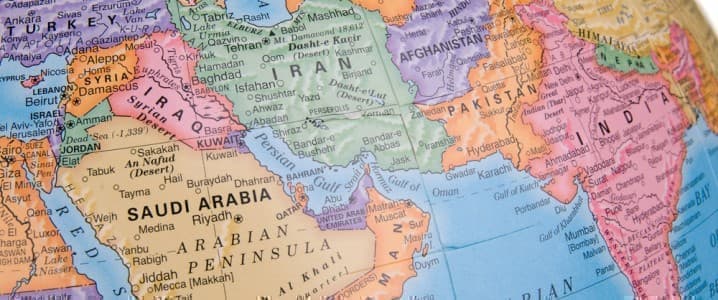U.S. officials have been asking China to urge Tehran to rein in Iran-backed Houthis, but according to the Financial Times, American officials say that they have seen no signs of help.
Still, Washington keeps raising the issue. In weekend meetings with Chinese Foreign Minister Wang Yi in Bangkok, U.S. national-security adviser Jake Sullivan again asked Beijing to use its “substantial leverage with Iran” to play a “constructive role” in stopping the attacks.
Reuters, citing Iranian officials, reported on January 26 that Beijing urged Tehran at recent meetings to pressure the Houthis or risk jeopardizing business cooperation with China in the future.
There are plenty of reasons to believe that China would want to bring the attacks to an end. The Houthis have disrupted global shipping, stoking fears of global inflation and even more instability in the Middle East.
This also hurts China’s bottom line. The attacks are raising transport costs and jeopardizing the tens of billions of dollars that China has invested in nearby Egyptian ports.
Why It Matters: The current crisis raises some complex questions for China’s ambitions in the Middle East.
If China decides to pressure Iran, it’s unknown how much influence Tehran actually has over Yemen’s Houthis. Iran backs the group and supplies them with weapons, but it’s unclear if they can actually control and rein them in, as U.S. officials are calling for.
But the bigger question might be whether this calculation looks the same from Beijing.
China might be reluctant to get too involved and squander its political capital with Iran on trying to get the Houthis to stop their attacks, especially after the group has announced that it won’t attack Chinese ships transiting the Red Sea.
Beijing is also unlikely to want to bring an end to something that’s hurting America’s interests arguably more than its own at the moment.
U.S. officials say they’ll continue to talk with China about helping restore trade in the Red Sea, but Beijing might decide that it has more to gain by simply stepping back.
By RFE/RL
More Top Reads From Oilprice.com:
- Drought Hits Canada’s Hydropower Sector
- Another Difficult Year for Europe's Transition
- Fresh Sanctions Could Seriously Curtail Iran’s Surging Oil Exports



















Therefore, this isn't a Chinese problem. On the contrary it is a US problem. China's shipping through the Red Sea isn't targeted. The United States and Israel are reaping what they have sown over the years.
The attacks on shipping in the Red Sea will cease once the United States dropped its rejection of a ceasefire in Gaza, forced Israel to accept a ceasefire and worked towards establishing an independent Palestinian State coexisting peacefully along Israel.
Dr Mamdouh G Salameh
International Oil Economist
Global Energy Expert
The US shifting responsibility to China for its role in putting outing gasoline on the fire in Gaza by supplying weapons to Israel? The Houthis said they would stop the moment the US stops.
No adults in the room in the US, regrettably. Not China's problem.